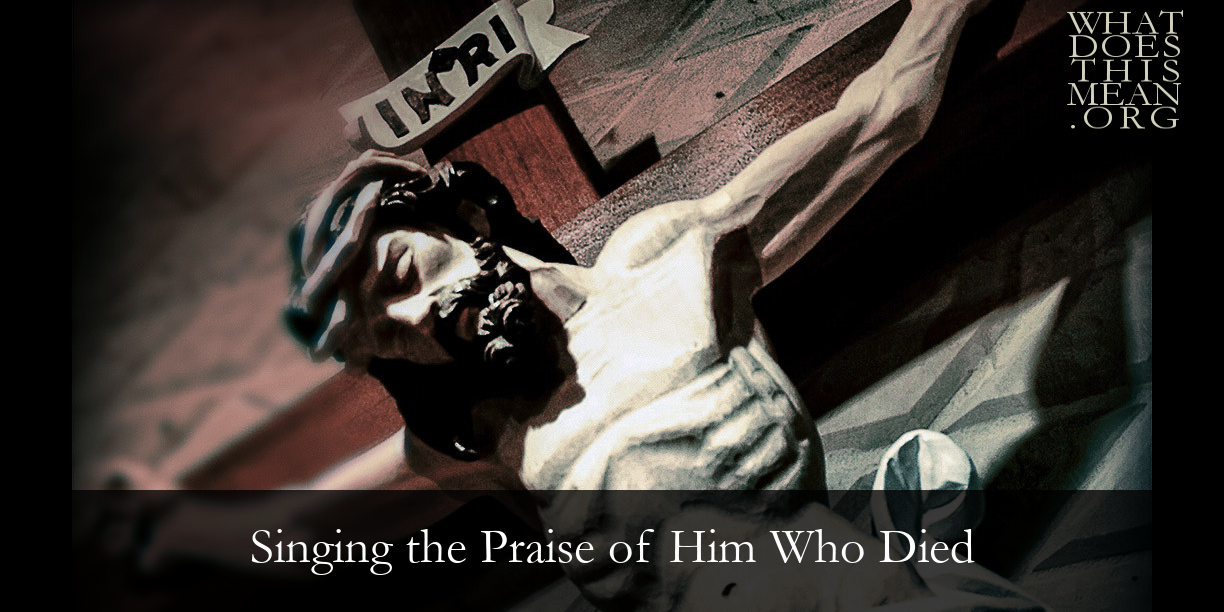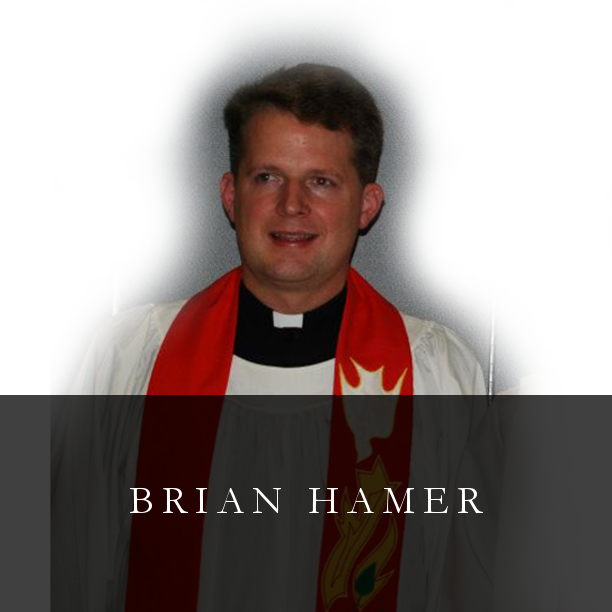so that he can open the scroll and its seven seals.
John Butt describes the precedent for Bach’s first Passion setting, the 1724 version of his St. John Passion:
The oratorio passion—a genre in which the standard Passion narrative was embellished with freely composed verse and chorales, and employed Italian operatic genres—had been familiar in several north German cities since the middle of the 17th century. However, it was a novelty in conservative Leipzig, the first performance being in the Neukirche [New Church] in 1717. The innovation evidently met with sufficient approval for it to be adopted at the Thomaskirche in 1721, two years before Bach’s arrival. (Oxford Composers Companions, J. S. Bach, p. 425)
| A Es ist Vollbracht! O Trost vor die gekränkten Seelen! Die Trauernacht Läßt nun die letzte Stunde zahlen. B Der Held aus Juda siegt mit Macht Und schließt den Kampf Es ist Vollbracht! | It is finished! O comfort for suffering human souls! The night of mourning now counts the final hour. The hero from Judah triumphs with power and closes the battle. It is finished! |
John Eliot Gardiner says of Bach’s Passions, “When speaking of Rembrandt’s religious paintings, Goethe implied that the painter not so much ‘illustrated’ biblical events as took them ‘beyond their scriptural basis’. That is exactly what Bach does [in his Passions]: but rather than pigment it is the musical substance that is ‘shone through’” (BACH: Music in the Castle of Heaven, p. 395). This is most certainly true! This aria, along with the rich repository of texts in all of Bach’s Passions, does not merely restate the events of Jesus’ Passion. Even more so, they preach, present, and proclaim in a rich palette of musical vocabulary the good news of the Passion of Christ to save you.
O perfect life of love!
All, all is finished now,
All that He left His throne above
To do for us below.
No work is left undone
Of all the Father willed;
His toil, His sorrows, one by one,
The Scriptures have fulfilled. (The Lutheran Hymnal 170.1–2)
You who have suffered for us, have mercy upon us!
+ + + + + + +
Extra Choral Credit: Hearing Bach’s St. John Passion in its Entirety



 RSS Feed
RSS Feed
